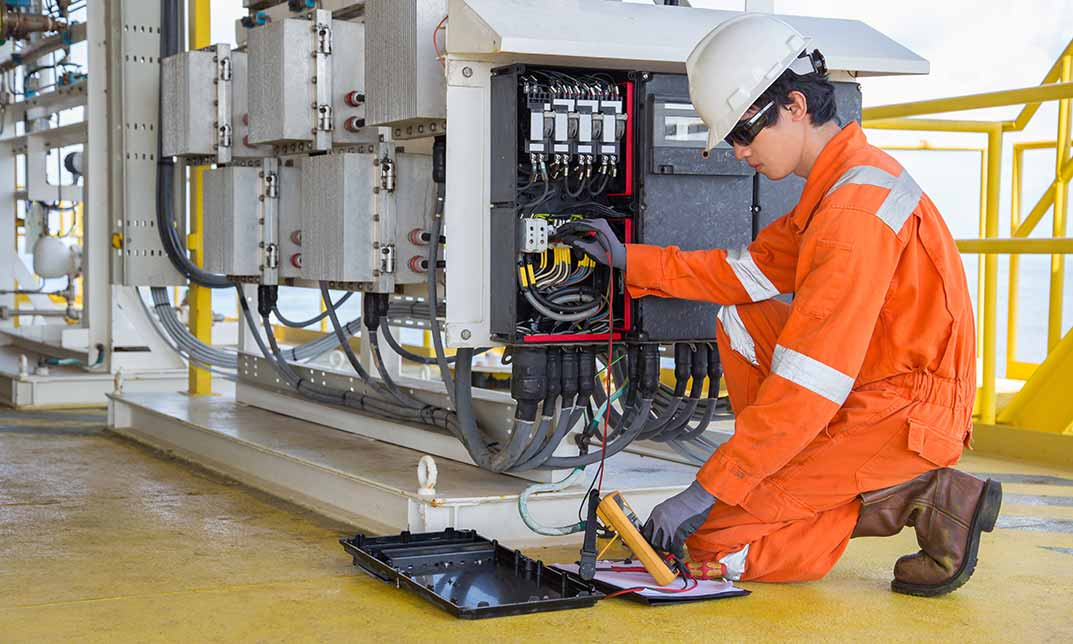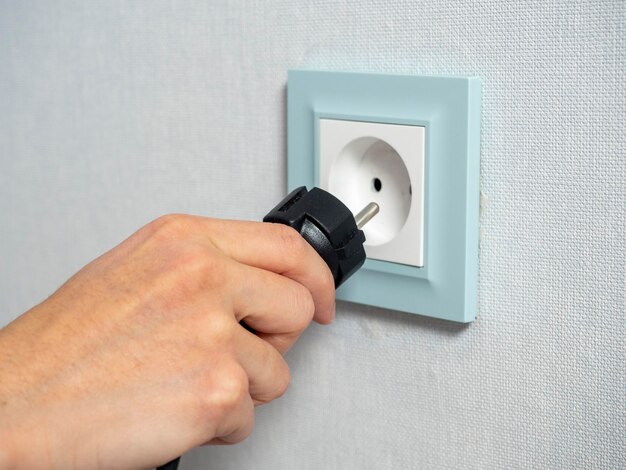May was National Electrical Safety Month
Ruhrpumpen's Fire Campus
NFPA actively supports National Electrical Safety Month, an annual campaign sponsored by Electrical Safety Foundation International (ESFI), which raises awareness of potential home electrical hazards, the importance of electrical fire safety, and ensures the safety of electrical and non-electrical workers, each May. This year's campaign will focus on e-mobility, lithium-ion battery safety, and disaster safety.

For 2025, the campaign focuses on e-mobility, lithium-ion battery safety, and disaster safety. It provides resources on how to safely purchase, use, and recycle lithium-ion batteries, which are commonly found in devices like cell phones, laptops, and electric scooters. Additionally, it offers guidance on avoiding electrical hazards during natural disasters:
Statistics
- In 2019 – 2023 electrical distribution or lighting equipment, such as wiring, lighting, cords, and plugs, was involved in the ignition of an estimated average of 31,647 reported home structure fires per year. These incidents caused an estimated average 425 civilian deaths, 1,279 civilian injuries, and $1.6B in direct property damage annually.
- Electrical distribution or lighting equipment ranked first in direct property damage, and third among the type of equipment involved in the number of home fires, home fire deaths and home fire injuries.
- Electrical wiring equipment was involved in the ignition of 4 percent of all home fires and 6 percent of the deaths in those fires.
- Cords or plugs were involved in the ignition of 1 percent of home structure fires but six percent of the deaths in those fires. Most of these fires were associated with extension cords.

Safety Tips
- Have all electrical work done by a qualified electrician.
- When buying or remodeling a home, have it inspected by a qualified private inspector or in accordance with local requirements.
- Only use one heat-producing appliance (such as a coffee maker, toaster, space heater, etc.) plugged into a receptacle outlet at a time.
- Major appliances (refrigerators, dryers, washers, stoves, etc.) should be plugged directly into a wall receptacle outlet. Extensions cords and plug strips should not be used.
- Check electrical cords to make sure they are not running across doorways or under carpets. Extension cords are intended for temporary use.
Call a qualified electrician or your landlord if you have:
- Frequent problems with blowing fuses or tripping circuit breakers.
- A tingling feeling when you touch an electrical appliance.
- Discolored or warm wall outlets.
- A burning or rubbery smell coming from an appliance.
- Flickering or dimming lights.
- Sparks from an outlet.
Following these tips can help reduce the rate of fire accidents around the globe, especially the risk of electrical fire incidents in residential and industrial facilities.
